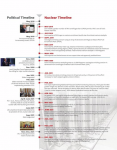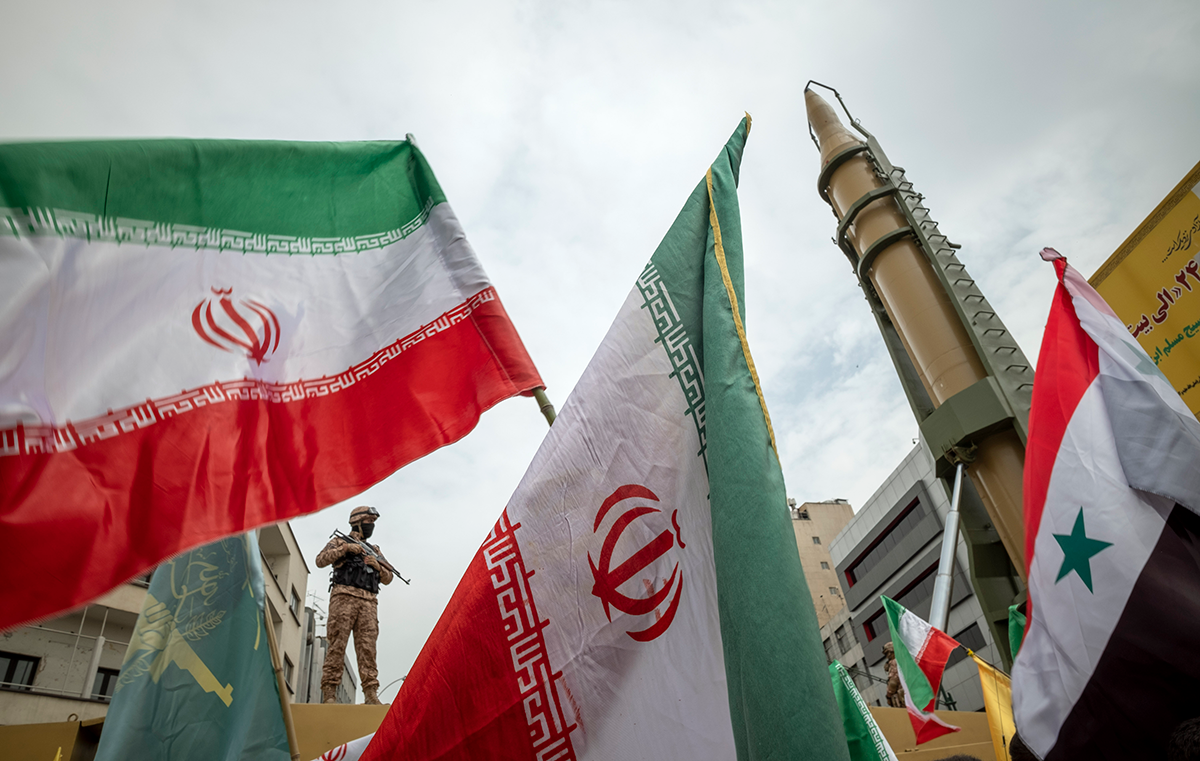
Jason Brodsky
@JasonMBrodsky
10m
A compelling piece by
@7yhy for
@Jerusalem_Post. In confirmation hearings, Biden nominees recognized it wasn't 2015 anymore. But the administration's actions--namely the same
#Iran JCPOA policy--speak louder than the words. Lessons have not been learned.
America is dismantling the pillars of its own empire - Saudi editor to 'Post'
Ex-editor of Al Arabiya English writes that America is failing the region and siding with Iran while dismantling the last 70 years of regional order.
By MOHAMMED ALYAHYA
Published: MARCH 28, 2022 09:07
Updated: MARCH 28, 2022 16:28




A military vehicle carrying Iranian Zoobin smart bomb (L) and Sagheb missile under pictures of Iran's Supreme Leader Ayatollah Ali Khamenei (R) and Late Leader Ayatollah Ruhollah Khomeini during a parade to commemorate the anniversary of the Iran-Iraq war (1980-88), in Tehran September 22, 2011.
(photo credit: REUTERS/STRINGER)
The Saudi-US relationship is in the throes of a crisis. As a Saudi who went to college in the US, loves America and wants to see it strong, I am increasingly disturbed by the unreality of the American discussion about the subject, which often fails to acknowledge just how deep and serious the rift has grown.
A more realistic discussion should focus on one word: “Divorce.” When President Barack Obama negotiated the nuclear deal with Iran, we Saudis understood him to be seeking the breakup of a 70-year marriage.
How could we not? After all, the flaws in the deal are well known. It paves a path for Iran to a nuclear bomb. It fills the war chest of Iran's Islamic Revolutionary Guard Corps, which has spread militias across the Arab world armed with precision-guided munitions to maim and kill people who formerly looked to America to help guarantee their safety.
Smoke billows from a Saudi Aramco's petroleum storage facility after an attack in Jeddah, Saudi Arabia March 26, 2022. (credit: STRINGER/ REUTERS)
This past weekend, Secretary of State Antony
Blinken joined a conference in the Negev, hosted by Foreign Minister Yair Lapid and attended by a number of Arab foreign ministers. Blinken used this occasion to paper over the rift that the nuclear deal has created by presenting an image of regional solidarity, but the region is not deceived.
Sold disingenuously to the American public as an arms control agreement, the deal is an assault on the regional order that the United States established in the aftermath of World War II. Explicitly hostile to Saudi Arabia, to say nothing of America’s other greatest ally in the region, Israel, the deal replaces the former American-led regional security structure with a concert system in which Iran, backed by Russia and China, becomes America’s new subcontractor while America’s former allies—the Gulf States and Israel— are demoted to second-tier status.
Most importantly, to its authors, the deal takes the United States out of the business of containing Iran, which in response has further ramped up its attacks on regional peace and stability.
Last Friday, as Blinken prepared for his trip to at David Ben Gurion’s old kibbutz of Sde Boker, the Iranian-backed Houthi militia
launched a rocket attack against Aramco in Jeddah. This attack was only the latest in a long series of brazen attacks that Iran has conducted, either directly from its own soil or indirectly through proxies.
During the Obama and Biden administrations, Iran’s aggressions have been met with American calls for “de-escalation” and frequent blaming of the Kingdom for a conflict we did not seek with terrorists on our borders backed by Iran — a foreign power which the Biden administration is promising to enrich with hundreds of billions of dollars in sanctions relief. Russia will also get a cut, which will no doubt go towards funding its war in Ukraine.
It was not that long ago that the United States presented itself to its allies as their shield against all actors who sought regional hegemony. The watchword of the alliance was collective defense.
The pretense of “balance” put forward by Obama to justify the deal never made much rational sense. After all, if a friend promises to “balance” your needs with the needs of your enemies, it seems fair to conclude that he is no longer very interested in being your friend.
Instead of friendship, America seems more inclined to use its old friends as human shields for Iran. Earlier this month, when Iran conducted a ballistic missile strike near the US consulate in Erbil, Iraq, it falsely claimed to be targeting an Israeli facility. A senior Biden official then confirmed the Iranian claim. While other officials later denied it, the damage was done. An American official had assisted Iran in getting the most out of its propaganda by action.
Prime Minister Naftali Bennett and US Secretary of State Antony Blinken at a joint press release, March 27, 2022. (credit: KOBI GIDEON/GPO)
For Arab states in the region, and especially for Saudi Arabia, this weird spectacle was an edifying one. If the Americans won’t side with Israel against Iran, what’s the chance they will side with us?
These days, the United States depicts military deterrence against Iran as a slippery slope to war—on behalf of “ungrateful allies.” While this attitude is most prevalent among Democrats, President Donald Trump also failed to help Riyadh deter Iran after the attack on the Abqaiq refinery in September of 2019. Combined with his statements of intention to leave the Middle East, this abandonment of deterrence made Saudis wonder if the Republicans, too, weren’t aiming for a divorce.
But it is the Biden administration’s determination to resurrect the Iran nuclear deal that has most convinced Saudis that America is determined to dismantle the regional order that it created, no matter what demons it may unleash.
Seemingly nothing will deflect the White House from its goal. During the negotiations in Vienna, attacks from Iran have grown ever more brazen. Not even an attack by Iranian proxies on American forces in the Tanf region of Syria and repeated attacks on the American embassy in Iraq have deflected Biden from his goal of delivering hundreds of billions of dollars to the IRGC.
The incoherence of this policy is stunning, as is the scale of the human and economic destruction it has already caused over the course of the past decade.
In Riyadh, it is not forgotten that the Russian invasion of Ukraine in 2014 was followed swiftly by the rise of a Russian-Iranian alliance in Syria that leveled most of the major cities of that country and awarded Moscow with a military base on the Eastern Mediterranean – cementing Russia’s first foothold in the Middle East since the collapse of the Soviet Union.
When the Saudis protested Obama’s passivity, he told them they must “learn to share the region with Iran.” And it is not lost on America’s regional allies now that, even as Biden asks Saudi Arabia to raise oil production to help support the campaign against Russia over Ukraine, he is granting sanctions waivers to Russia so that it can continue to guarantee the nuclear deal with Iran that it helped broker — in part by husbanding Iran’s uranium reserves and protecting its underground nuclear facilities filled with illegal centrifuges spinning material for weapons.
Why should America’s regional allies help Washington contain Russia in Europe when Washington is strengthening Russia and Iran in the Middle East?
The guiding American assumption here, if there is one, is that the country’s old regional allies have little choice but to eat whatever is served to us for breakfast, and to eat it again for lunch. This assumption is arrogant and false.
While American policy is beset by baffling contradictions, Chinese policy is simple and straightforward. Beijing is offering Riyadh a simple deal: Sell us your oil and choose whatever military equipment you want from our catalogue; in return, help us to stabilize global energy markets. In other words, the Chinese are offering what increasingly appears modeled on the American-Saudi deal that stabilized the Middle East for 70 years.
What is not yet clear is whether the Chinese can be helpful in deterring Iran, or whether they share the American belief in “balance.” But Xi Jinping will visit Riyadh in May. It is a certainty that Saudi leaders will ask him if Iran’s rocketing of the oil facilities of the world’s most reliable oil producer is in the interest of China and, if not, can Beijing make stop?
The writer is a fellow at the Hudson Institute in Washington D.C. and the former Editor in Chief of Al Arabiya English.
Ex-editor of Al Arabiya English writes that America is failing the region and siding with Iran while dismantling the last 70 years of regional order.

www.jpost.com







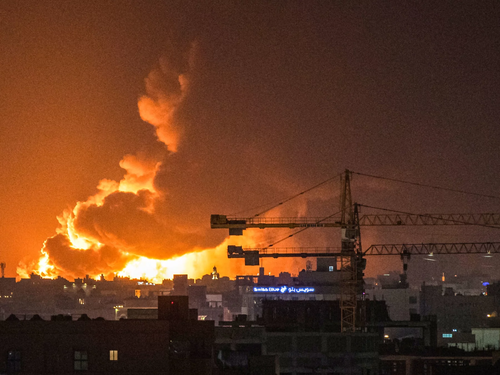 AFP/Getty: Saudi Aramco oil facility in Jeddah following a reported attack by Yemeni rebels.
AFP/Getty: Saudi Aramco oil facility in Jeddah following a reported attack by Yemeni rebels.
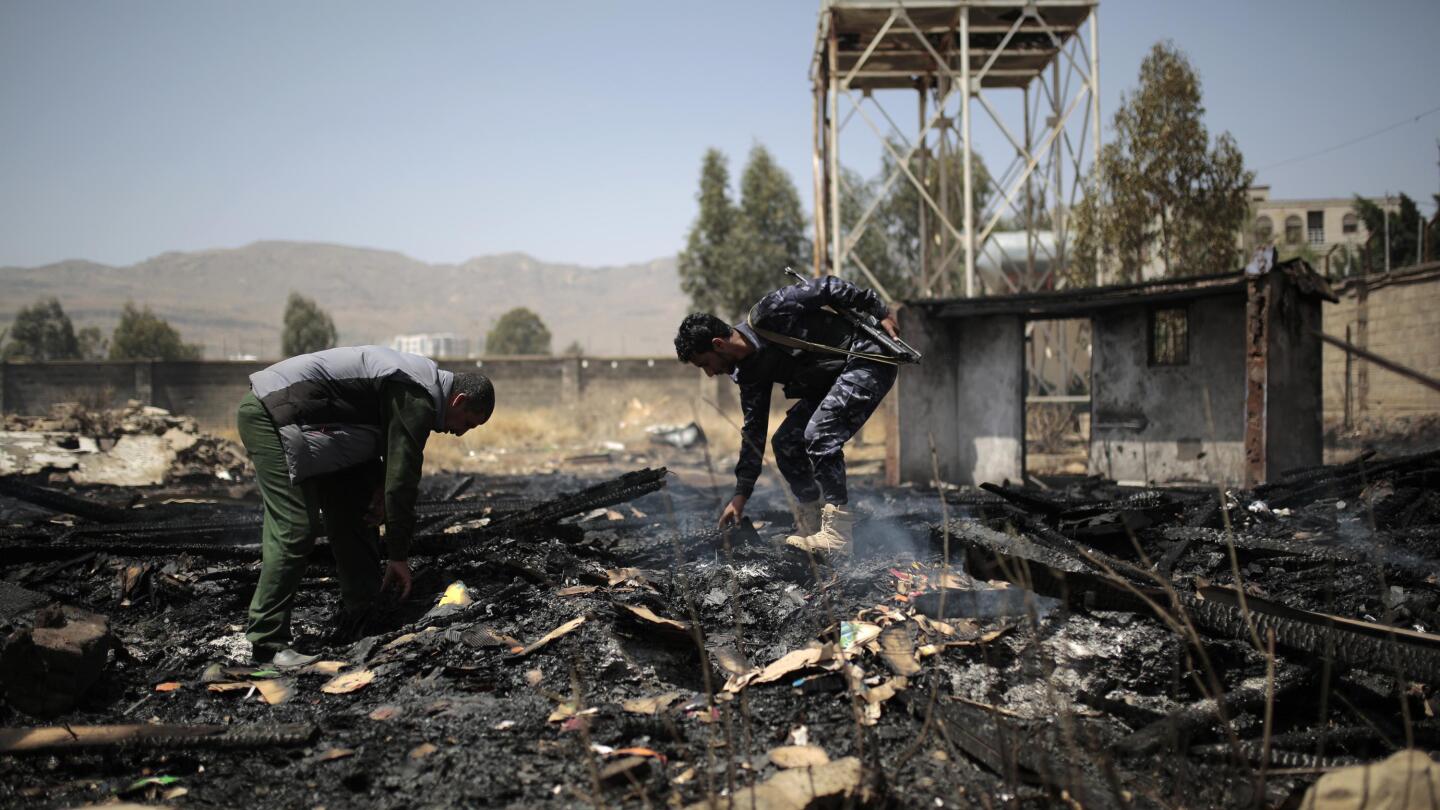


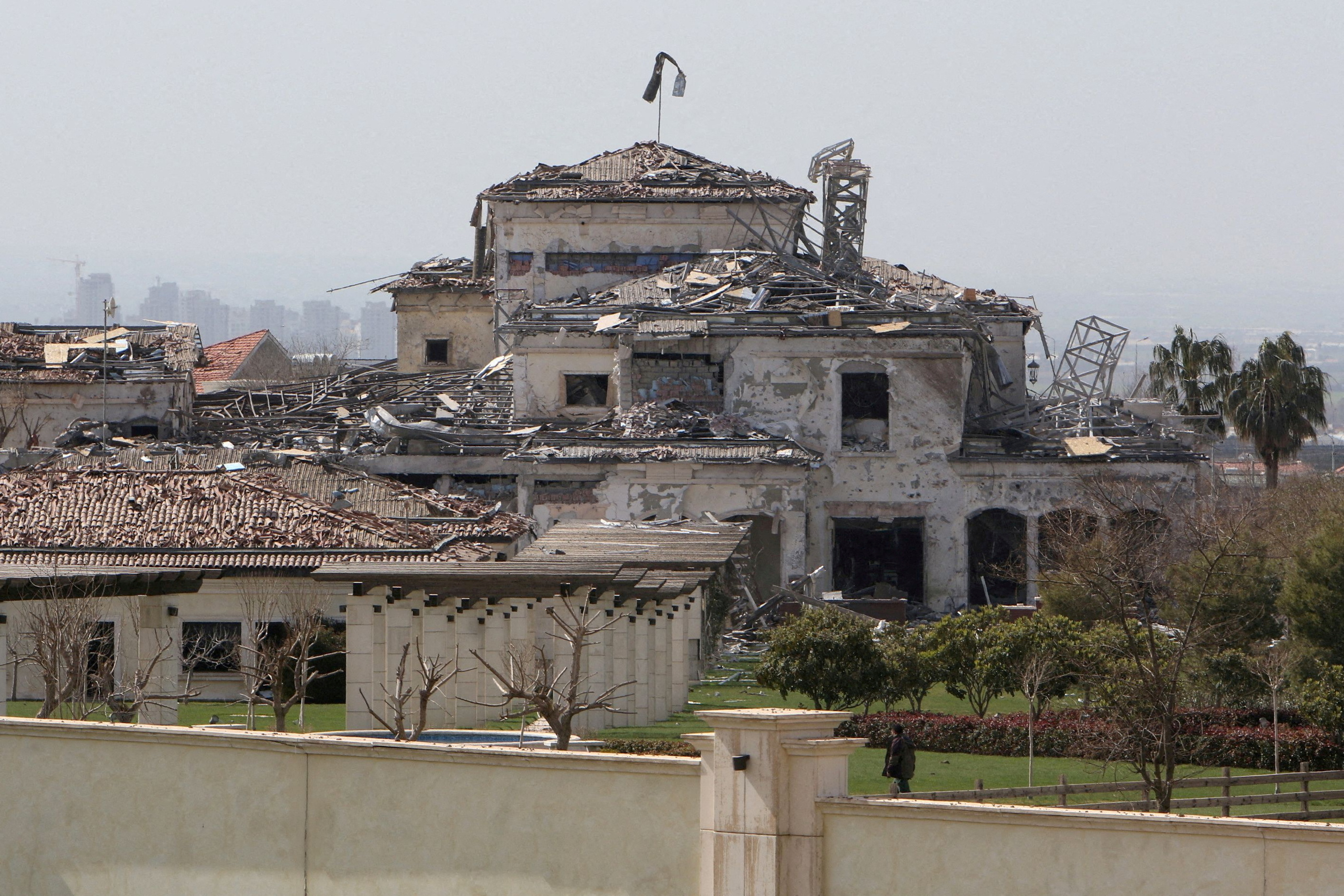
/cloudfront-us-east-2.images.arcpublishing.com/reuters/KN6MYRT2LROJDOZIKZKVQ6DDR4.jpg)
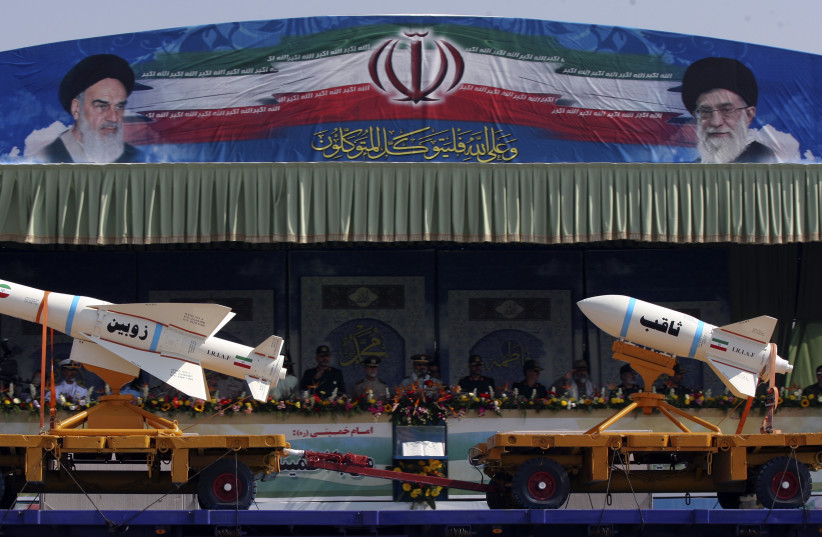
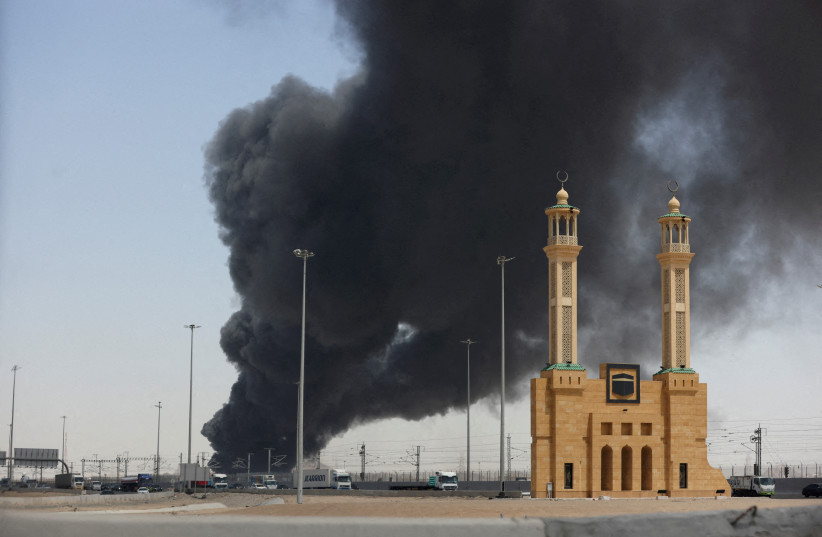
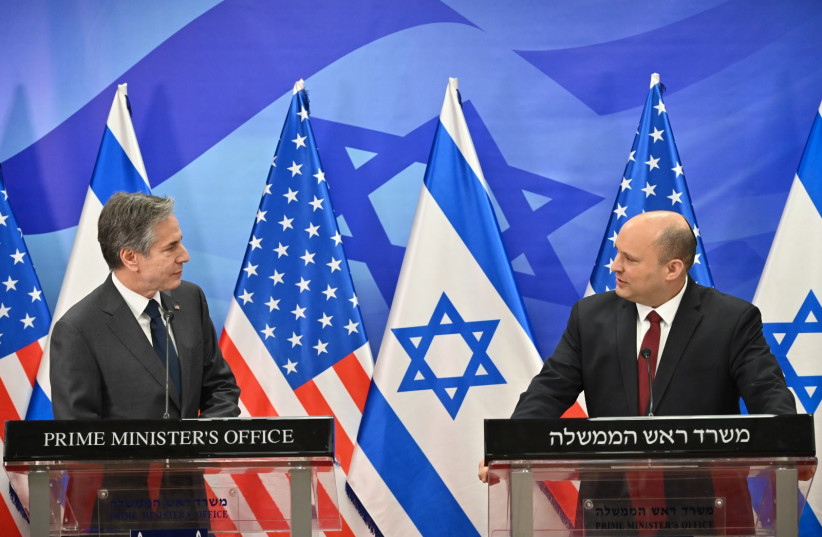

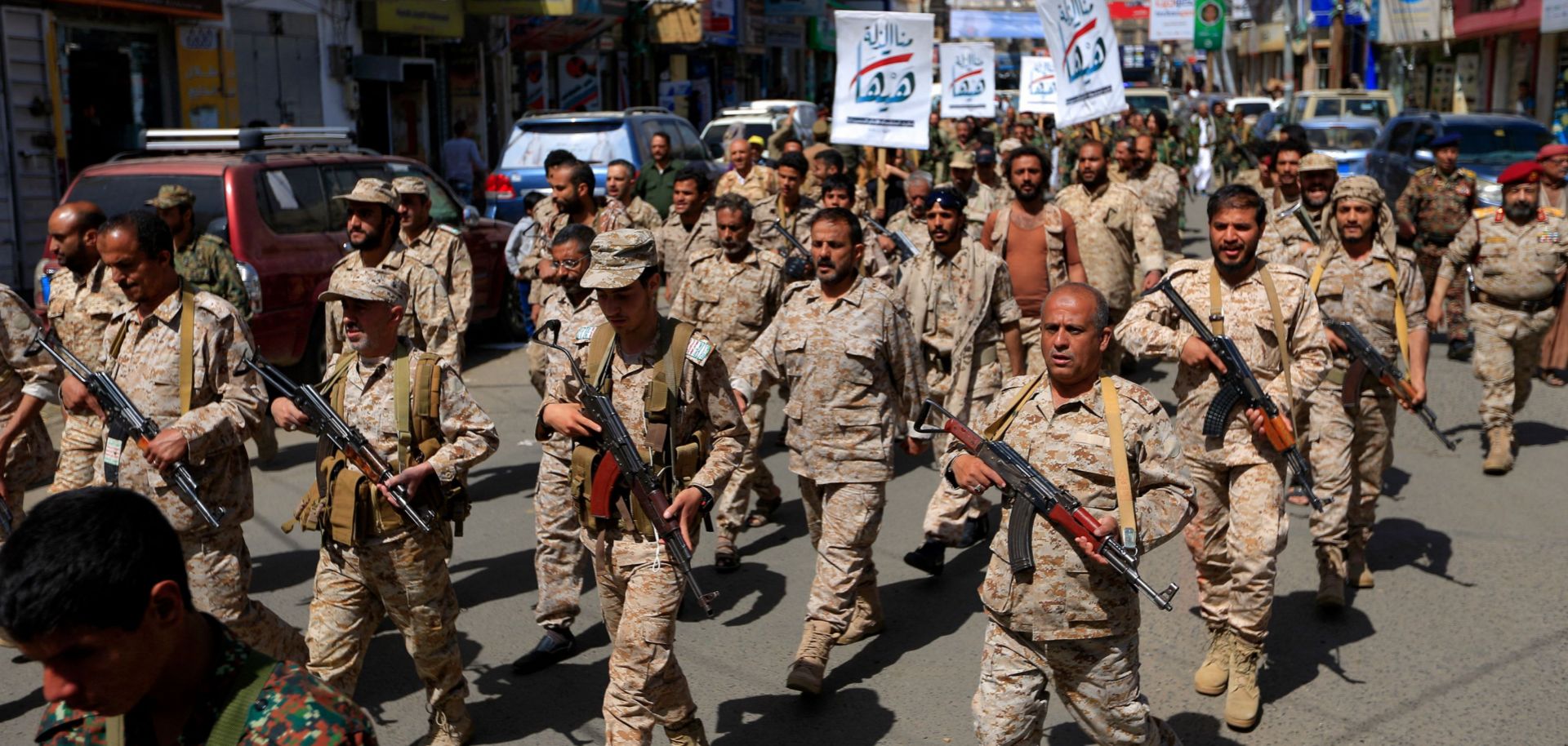

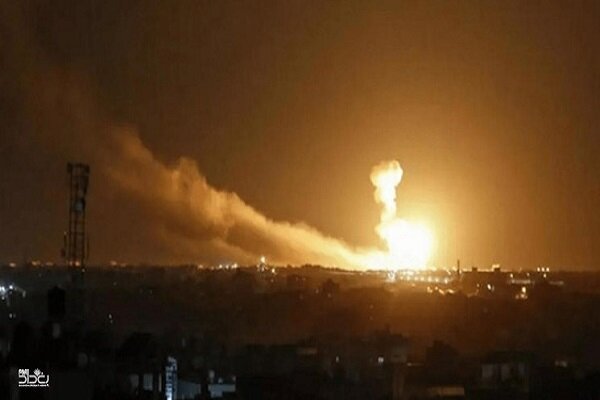

 Morteza Ahmadi Al Hashem
Morteza Ahmadi Al Hashem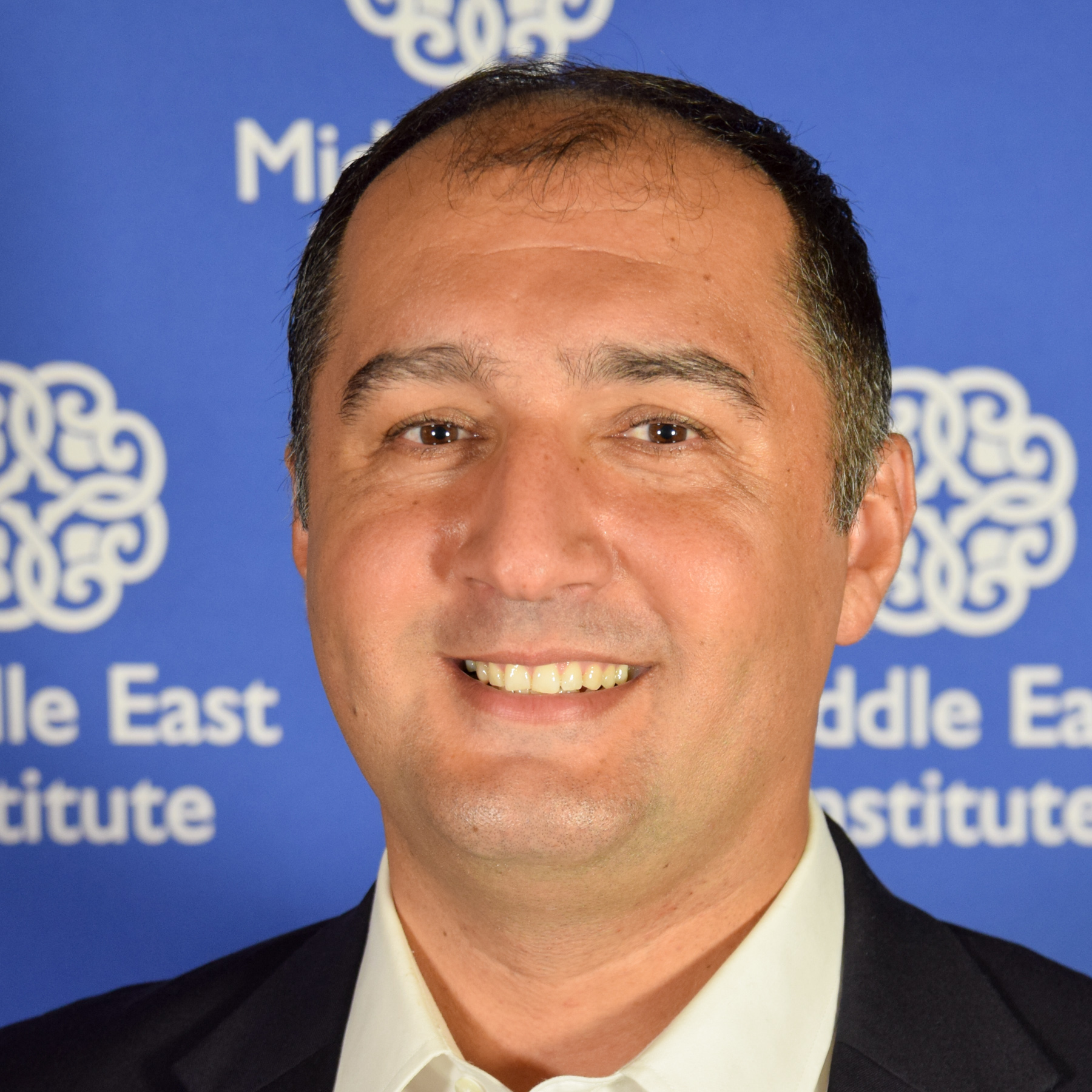
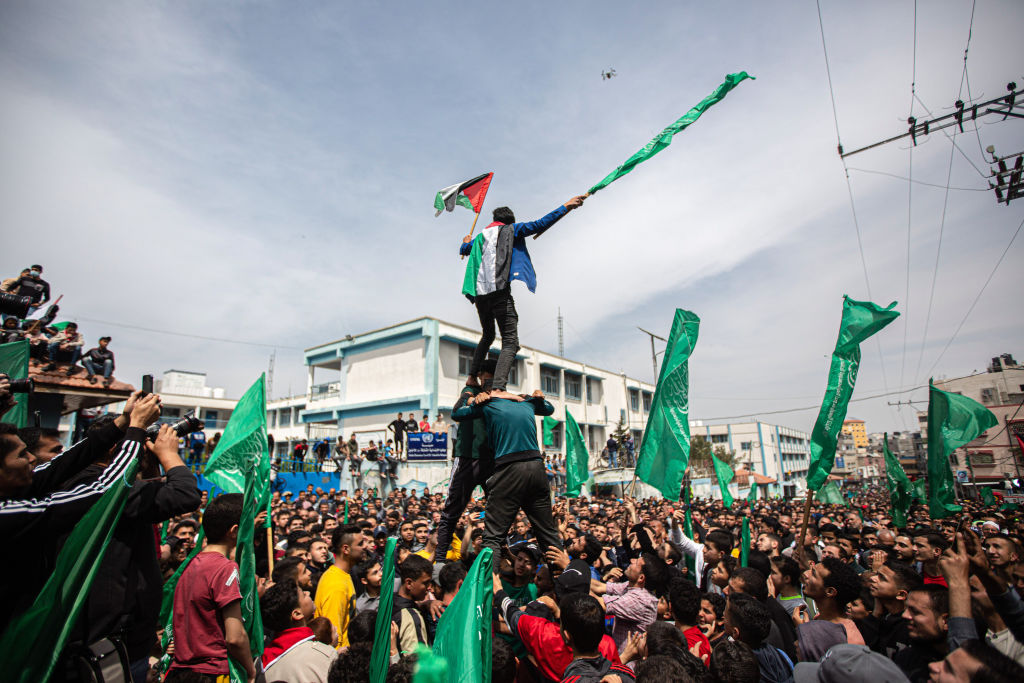
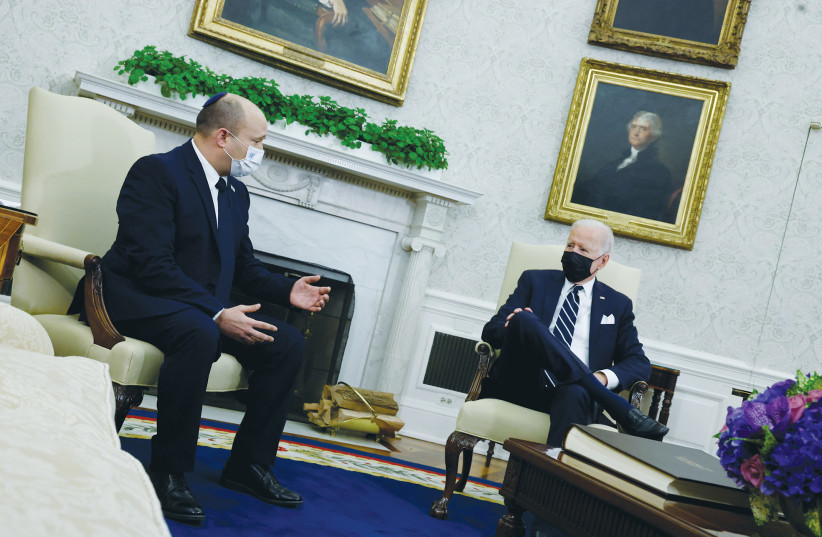
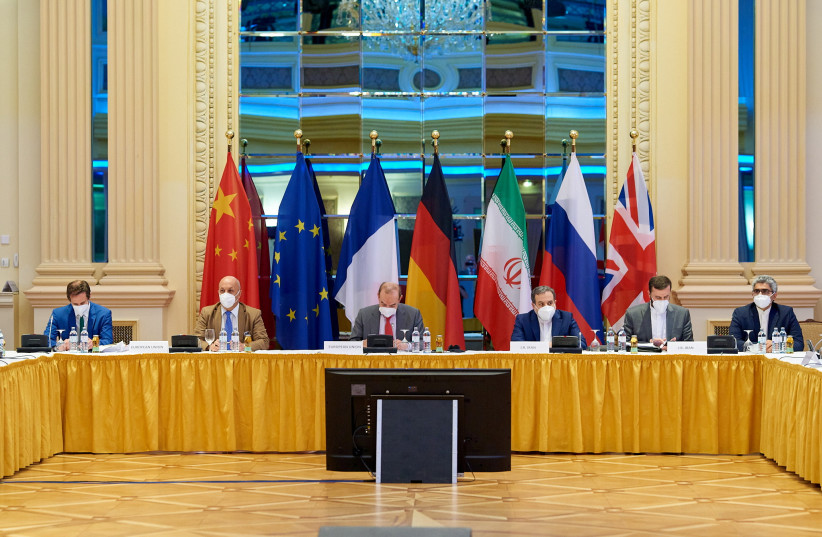
/cloudfront-us-east-2.images.arcpublishing.com/reuters/XQOZHU3URRNW5BEXWN2R5RUYAM.jpg)
